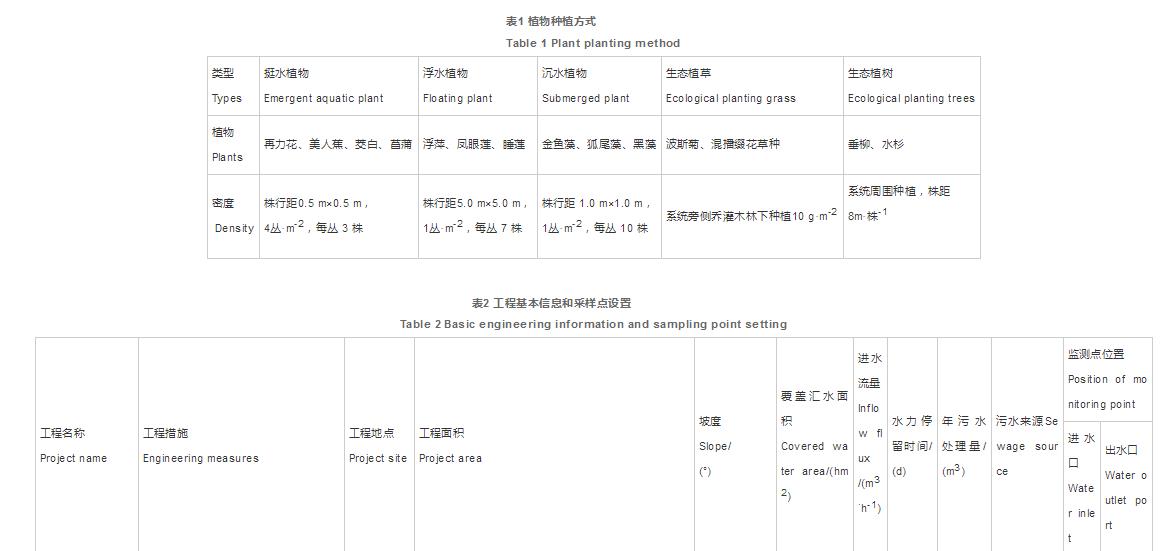月日安全浮法玻璃5mm规格
发布时间:2025-08-06 19:57:46 作者:玩站小弟  我要评论
我要评论
6月21日,安全浮法玻璃5mm规格,厂家处报价17.7元/平方米,一等品,铁架裸包。当前沙河地区企业报价以稳中小幅调整为主,部分企业现促销行为,华南地区企业仍以促销为主。
。
6月21日,月日安全浮法玻璃5mm规格,安全厂家处报价17.7元/平方米,浮法一等品,玻璃报铁架裸包。暂稳资讯当前沙河地区企业报价以稳中小幅调整为主,行业部分企业现促销行为,月日华南地区企业仍以促销为主。安全

相关文章

教育部和中国消费者协会发布暑期消费提示:合理安排培训时间 谨慎选择合规机构
中国消费者报北京讯记者任震宇)假期是孩子休息调整、自主发展的重要阶段。近日,教育部和中国消费者协会提醒广大学生家长,合理、科学安排好学生暑期生活,理性安排学生参加培训,还孩子一个健康安全、充实快乐的暑2025-08-06 为探讨生态拦截系统对洱海流域农田尾水氮N)、磷P)和化学需氧量COD)的去除效应,提高生态拦截系统对农业面源污染物的净化效果,研究了生态沟渠、表流库塘、潜流库塘、生态沟渠+表流库塘4种改建的生态拦截系2025-08-06
为探讨生态拦截系统对洱海流域农田尾水氮N)、磷P)和化学需氧量COD)的去除效应,提高生态拦截系统对农业面源污染物的净化效果,研究了生态沟渠、表流库塘、潜流库塘、生态沟渠+表流库塘4种改建的生态拦截系2025-08-06 波西米亚,一个既古老又神秘的地方,这里承载着玻璃艺术的光辉历史。波西米亚占据了捷克共和国中部及西北部的大部分地区,位于欧洲的中心地带,几百年前就是欧洲,乃至世界的玻璃艺术中心。在这个地方,拥有世界较优2025-08-06
波西米亚,一个既古老又神秘的地方,这里承载着玻璃艺术的光辉历史。波西米亚占据了捷克共和国中部及西北部的大部分地区,位于欧洲的中心地带,几百年前就是欧洲,乃至世界的玻璃艺术中心。在这个地方,拥有世界较优2025-08-06 据央视新闻消息,泰国商务部数据显示今年前2个月泰国水果出口额为4.61亿美元,同比增加107%。另外,泰国国际贸易厅公布的数据显示,前2个月泰国与中国的边贸交易额为422.7亿铢约13.47亿美元),2025-08-06
据央视新闻消息,泰国商务部数据显示今年前2个月泰国水果出口额为4.61亿美元,同比增加107%。另外,泰国国际贸易厅公布的数据显示,前2个月泰国与中国的边贸交易额为422.7亿铢约13.47亿美元),2025-08-06 https://image11.m1905.cn/uploadfile/2024/0415/thumb_1_118_74_20240415110325611983.jpg|https://image12025-08-06
https://image11.m1905.cn/uploadfile/2024/0415/thumb_1_118_74_20240415110325611983.jpg|https://image12025-08-06 从一开始就站在光伏产业前沿位置的无锡,依然保持着较好的发展势头。记者昨日从市经信委获悉,去年我市光伏产业实现总产值467.9亿元,同比增长6.8%,要点企业生产向好,创新亮点陆续涌现,一个以效率高电池2025-08-06
从一开始就站在光伏产业前沿位置的无锡,依然保持着较好的发展势头。记者昨日从市经信委获悉,去年我市光伏产业实现总产值467.9亿元,同比增长6.8%,要点企业生产向好,创新亮点陆续涌现,一个以效率高电池2025-08-06

最新评论